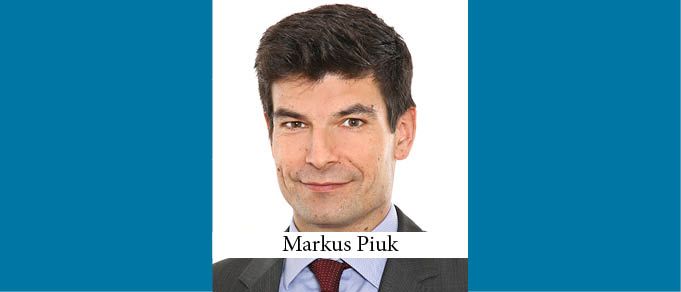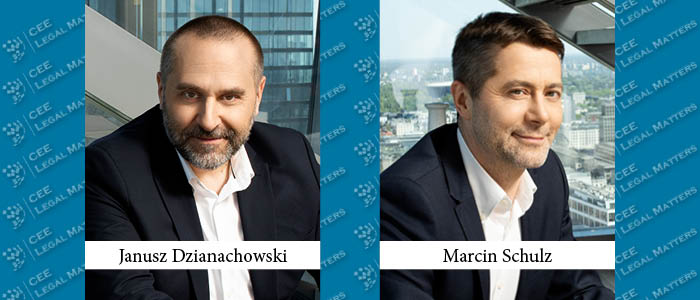Traveling the region on legal business I sense a lot of buzz surrounding law firms in CEE. Headline transactions are numerous and deal-pipelines appear to be well-fueled. With the tailwind of news about solid economic growth in the European Union there are good chances that this trend will last. The future for law firms in the region looks brighter than ever. But there are also challenges ahead of us as the legal industry, in CEE as everywhere else, is headed for some turbulent times.
On the one hand, there is a scarcity of talent. Although law schools throughout the region continue to produce young lawyers, it seems that the number of graduates heading for law firms is declining, even though the firms, engaged as they are in a war for talent, are providing ever-more perks and incentives to attract them. This does not come as a surprise for those who have looked to Western Europe, where a similar trend has been well established for more than a decade. Will this phenomenon change anytime soon? I don’t think so. Rather, we will all need to become ever more creative in the forms of “engagement” that we offer to legal talent to allow young lawyers to excel in the legal profession while pursuing their out-of-office interests.
In addition, digitalization is moving ahead quickly and M&A transactions involving start-ups are often much larger and more demanding/sophisticated than similar deals were in the old economy. Such clients expect their advisors not only to be at the forefront of digitalization themselves but also to play a proactive and expanded role in as they are often hesitant to engage financial advisors, leaving more deal work than normal with their lawyers. Tech-savvy clients expect their lawyers to employ new mobile communications, data analytics, social media, and video capabilities to fit into the clients’ communications landscape. At the same time, such technologies also allow more law firms to compete for clients, forcing law firms to foster market intelligence just as more clients are moving away from appointing lawyers based on long-term personal relationships and onto formalized panel structures.
Thus, the “digital lawyer” has in fact become a reality in CEE, and while all firms strive for higher efficiency, there are far more stringent rules to comply with when accepting a mandate – KYC/AML requirements keep tightening, requiring law firms to employ dedicated resources towards satisfying them. Digitalization will be of great help in this process as well – if opening a bank account is possible in a fully digitalized process, why should contracting a lawyer not be? – but it will also require additional resources on the side of the law firms.
When depicting the “digital law firm” of the future I also wonder whether digitalization brings a risk of obsolescence for humans in the world of law. We all know of software products that not only support legal due diligence exercises – especially in the field of real estate – but in fact conduct such reviews all by themselves and produce reports free of typos. The investment of both money and time is still significant in order to make this software work at an individual firm, but the further development of such software will eventually make it more accessible for law firms of all sizes. Will digitalization further expand to transaction documentation, especially in the finance sector? I expect it will and we will all need to adapt. Will law become fully digitalized? I don’t think so. In the end, I consider law to be a people business and human interaction will continue to play a pivotal role, whether in relationships with clients or with opponents in a transactional or dispute resolution setting.
It is my strong belief that law firms in CEE, a region known for a certain level of instability, which has undergone great changes relatively recently, will master these challenges particularly well. Firms are relatively young, and partners at all levels are experienced in sensing the vibes of the market and are very entrepreneurial – all promising prerequisites to keep the fire burning and to keep the big wheel turnin’, despite the challenges ahead.
By Markus Piuk, Partner, Schoenherr Vienna & Bucharest
This Article was originally published in Issue 4.9 of the CEE Legal Matters Magazine. If you would like to receive a hard copy of the magazine, you can subscribe here.





























